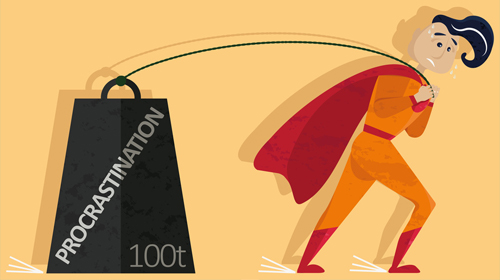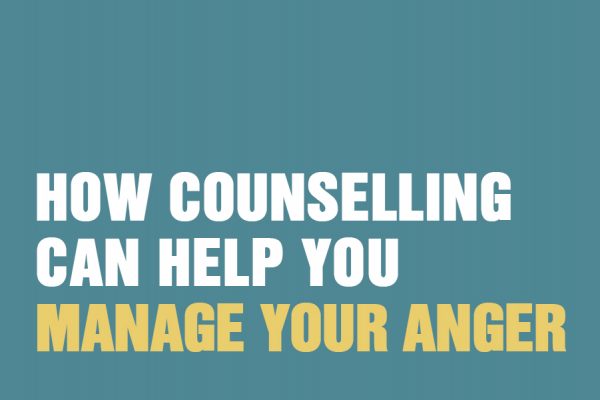Mothering Sunday is a day to celebrate mums. But what if you are a new mum and celebrating is the last thing you feel like doing?
Around half of all new mothers experience the ‘baby blues’ and one in every 10 experience postnatal depression. We have got much better at talking about postnatal mental health issues in recent years, but there is still a massive assumption that while, she might occasionally feel tired or anxious, a new mum will generally be blissfully happy and able to cope. This expectation can work as a pressure to be excited and happy, and give new mums a strong sense that they have to be on top of everything and if they are not, this means they are a bad mother.
This makes it feel very hard to talk about if you feel overwhelmed, stressed-out and depressed. Pregnancy, childbirth and the early years of parenting are times of massive upheaval and change and it can be very difficult to open up about how you are really feeling about it all. Especially if you are struggling.
There are so many myths and misconceptions around postnatal depression and the baby blues, which can lead to new parents suffering in silence and unable to seek help when they need it. Below we bust the main myths surrounding motherhood and mental health.
Myth 1. Baby blues is another name for postnatal depression
Wrong! They are two very different conditions.
The baby blues occurs for a short period in the first weeks of your baby’s life. You will feel low, anxious, and irritable. You may have mood swings, cry a lot and overreact. These feelings are a perfectly normal result of a surge of hormones as your body adjusts to not being pregnant any more. It usually starts in the week after the baby’s birth and usually stops by the time your baby is around 14 days old.
Postnatal depression can start at any time after the birth and is you’re your feelings of sadness and distress persist for weeks or months. Postnatal depression can vary from mild to severe, and if severe, can make it difficult for you to look after yourself and your baby.
Myth 2: It’s just lack of sleep and hormones, I’m fine
This could be the case, but it is important to tune in to what and how you are feeling and, if it lasts for longer than a couple of weeks, you should talk to someone about it so that you can explore whether it might be postnatal depression.
Myth 3: Pregnancy is such a happy time — pregnant women and new mums don’t get depressed
It is true pregnancy can bring a lot of hope, expectation and happiness, but it is also very common for you to experience depression and anxiety during pregnancy and after your baby’s been born. The amount of expectation around a birth or a baby can make it very hard for you, and the people around you, to recognise that you are depressed and to accept it.
Myth 4: If I have a mental health issue, people might think I can’t mother my baby
The idea that people will think, if you have a mental health issue, that you shouldn’t be left in charge of your baby or even that social services will intervene and take your baby away is a huge misconception. And this idea stops lots of women with new babies from seeking help sooner. If you are diagnosed with postnatal depression, your GP will focus on getting you better. And the aim of healthcare professionals will be to help you and your baby with bonding and attachment.
Myth 5: struggling with depression at this time means I don’t love my baby
The adjustment needed to be a new parent is an incredibly emotional and difficult time, and that’s without depression or anxiety! Having a mental health issue absolutely does not make you a failure as a parent or even a bad one. Mums (and dads) who experience mental health anxieties often feel a strong bond and connection with their baby, despite their low mood or anxiety. And if your depression is making it hard to connect or bond with your baby, you have to know that depression is a treatable condition and if you talk to your midwife or GP about this, you can get help with it.
Myth 6: No one will understand
Recent research shows that 50 per cent of all new mothers have concerns about their mental health, so you are most definitely not alone with this. Depression and anxiety can feel very isolating at the best of times, but when you suffer them at a time when everyone’s expecting you to be full of maternal love, bliss and joy this feeling of isolation can get hugely magnified. So it’s important to tell someone how you’re feeling and seek professional help as soon as you can.
Myth 7: There’s nothing anyone can do
Often a friend, family member or colleague is the first to notice when something isn’t right with you. And you would be surprised how much difference it can make that they have noticed. And how much effect it can have on the way you feel if they are just there for you, prepared to listen and give you non-judgmental support.
Myth 8: I can’t ‘snap out of this’, I’m never going to feel better
We are not going to lie, recovering from depression can take time; and thinking of it as something you ‘snap out of’ is not helpful. Instead talk to people about it as much as you can and try to find something that works for you such as exercise, mindfulness, peer-support groups or therapy. And don’t forget self-care, even just a few minutes a day doing something nice just for you can make a big difference.
The single most important thing to remember?
Trust yourself – you are the best judge of whether your feelings are normal for you. If you don’t feel right, or if you feel you have depression and it has lasted for more than two weeks, talk to someone about it.
If you feel you need to talk to a qualified professional in a safe, non-judgmental environment, call 020 8673 4545 or email [email protected] and the Front of House team will book an appointment with one of our therapists. We have centres in Clapham and Tooting.







